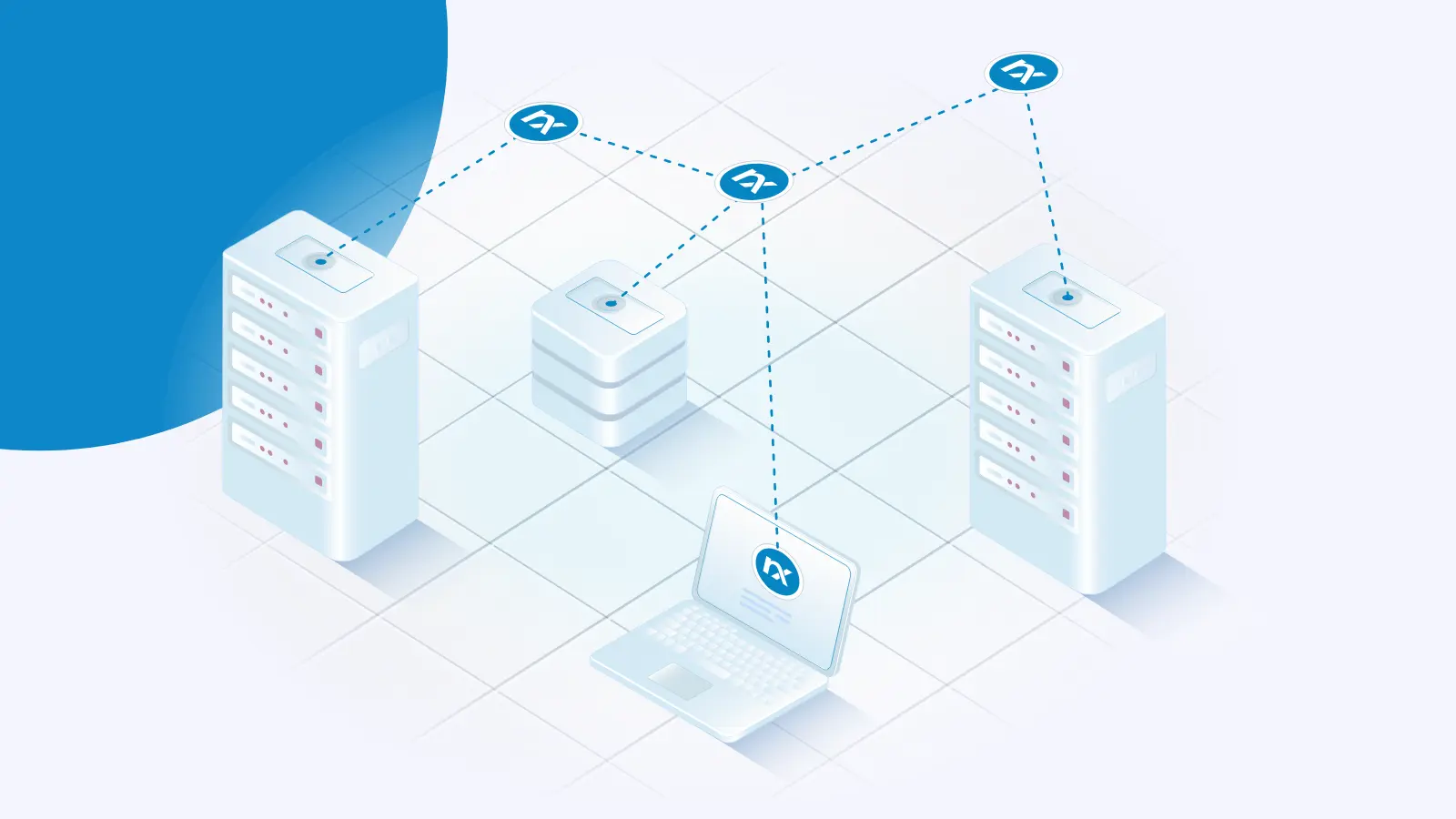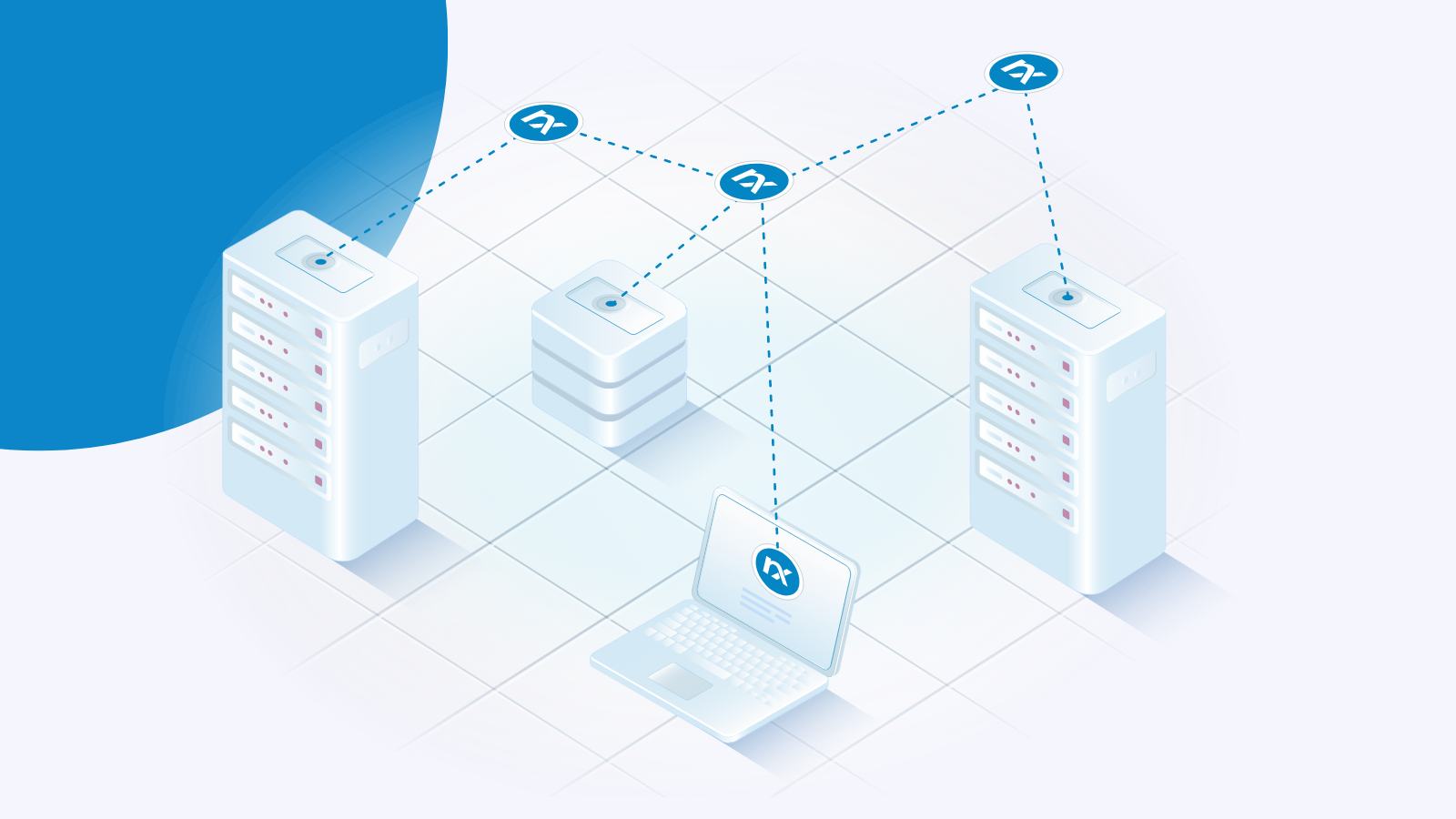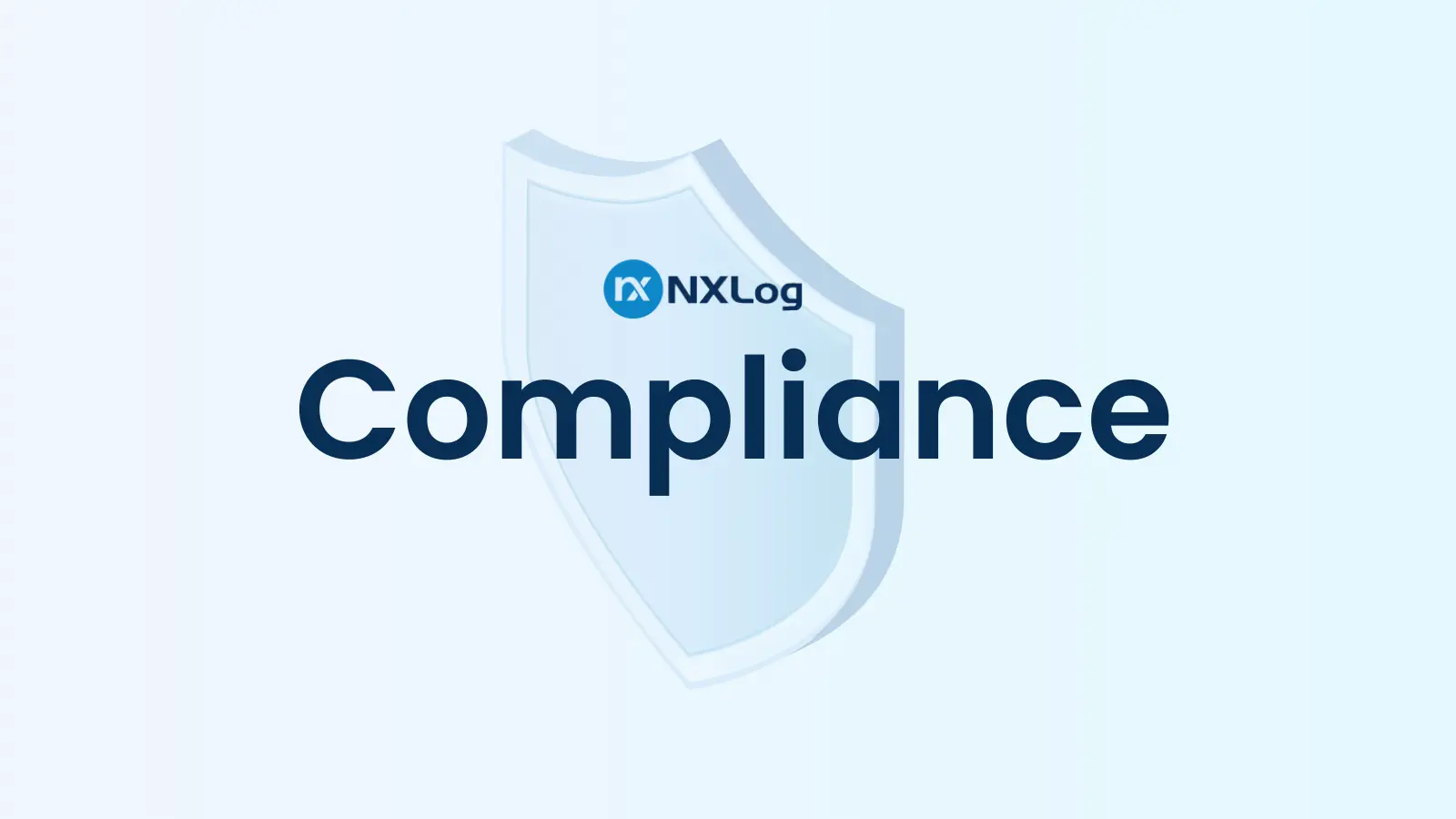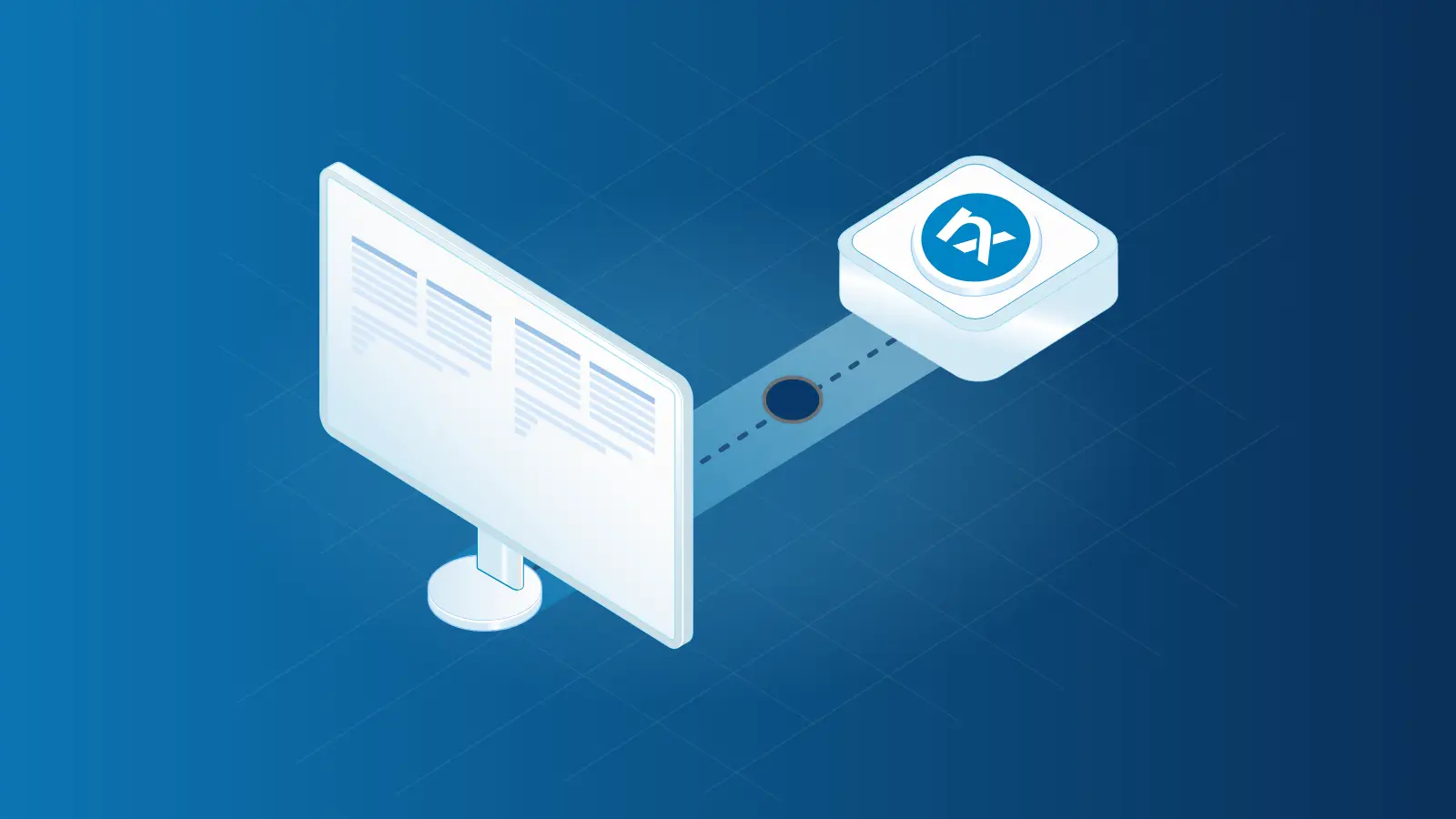telemetry data pipeline
Building a practical OpenTelemetry pipeline with NXLog Platform
centralized logging | comparison | log collection | strategy
Centralized log management: What it is, how centralized logging works, and how to choose the right system
telemetry data pipeline
Adopting OpenTelemetry without changing your applications
telemetry | observability
Telemetry is evolving; is your business ready?
windows security | windows events
End-to-end Windows file monitoring with FIM and Windows Security Auditing
dns monitoring | bind9
Monitoring BIND9 logs: Comparing syslog and dnstap for DNS visibility
infrastructure monitoring | observability | telemetry management
The shadow IT haunting your network: A Halloween horror story
infrastructure monitoring | observability | telemetry management
Watching the watchers: The need for telemetry system observability
infrastructure monitoring | observability | telemetry management
Beyond the silicon: Why monitoring the infrastructure powering AI is critical to ROI
log noise | telemetry filtering
How to reduce log noise and fight SOC alert fatigue
strategy | telemetry data pipeline | optimization | NXLog Platform
Current challenges in log and telemetry data management
microsoft | cloud logs | cisa
Enhancing security with Microsoft's Expanded Cloud Logs
snare | comparison
NXLog Agent vs. Snare Agent - A practical comparison of log collection capabilities
HA | High Availability | Fault Tolerance
High Availability and Fault Tolerance
strategy
Log management best practices
deployment | strategy | siem
How to choose a log management solution
windows logs | centralized logging | nxlog platform | wef | comparison
Centralized Windows log collection - NXLog Platform vs. WEF
log size | trimming | filtering | compression
Optimize log management and cut costs
log collection | cybersecurity
Ingesting log data from Debian UFW to Loki and Grafana
encryption | TPM | compliance | encryption
Harnessing TPM encryption with NXLog
NIST
NIST Cybersecurity Framework 2.0. Update Takeaways
edge case | submarine
NXLog Enterprise Edition on Submarines
SCADA | critical infrastructure
Digital substations and log collection
history
The evolution of event logging: from clay tablets to Taylor Swift
migration | NXLog Enterprise Edition 6 | NXLog Enterprise Edition 5
Migrate to NXLog Enterprise Edition 6 for our best ever log collection experience
compliance | legislation
GLBA Compliance in 2024 - Reporting directly to the FTC
compliance | local legislation
The story of the $1,900,000 penalty for insufficient log management
Windows Event Log | Optimization | Windows
Three easy ways to optimize your Windows logs - Reduce cost, network load, and time
aviation security | ANSP | e-Enabled aircraft
The cybersecurity challenges of modern aviation systems
sigma | threat detection
Detect threats using NXLog and Sigma
regulations | HIPAA | USA
HIPAA logging requirements and how to ensure compliance
nxlog configuration | memory management
Understanding memory usage in NXLog
Cybersecurity | SCADA | OT | IIoT
Industrial cybersecurity - The facts
security | strategy
How to monitor file access in Windows
CISO starter pack
CISO starter pack - Security Policy
Our customers asked
Our customers asked - Execution of powershell scripts inside NXLog Exec modules
MFA | MFA Fatigue | CISO
MFA Fatigue - What it is, and how to combat it
CISO starter pack
CISO starter pack - Log collection fundamentals
SIEM | vendor lock-in
Avoid vendor lock-in and declare SIEM independence
scheduled start | NXLog agent | Our customers asked
Our customers asked - How to start an NXLog module with a delay?
EPS | EPS tracking | NXLog agent | Our customers asked
Our customers asked - Input stream EPS tracking with NXLog
splunk | universal forwarder | comparison
NXLog vs Splunk Universal Forwarder
cyberwarfare | European Union | cyberweapon
The EU's response to cyberwarfare
log collection | compliance | security | security risk | it security
Assertive compliance - using frameworks to extend your coverage
log collection | dns logs | windows dns logs | dns | windows
The disappearing Windows DNS debug log
log aggregation | centralized logging
The benefits of log aggregation
compliance
How NXLog can help meet compliance mandates
reliability | tcp | udp
Reliable delivery of logs - can you trust TCP?
ibm qradar | wincollect | siem | comparison
NXLog vs IBM QRadar WinCollect - Let's get things straight
auditing | audit logs | wmi | windows
Understanding and auditing WMI
log aggregation | centralized logging
Log aggregation with NXLog
features | nxlog ee
Three important features you can have with the Enterprise Edition over the Community Edition
raijin | log aggregation | analytics | apache superset | database
Using Raijin Database Engine to aggregate and analyze Windows security events
log forwarding
Forwarding logs with NXLog
windows event log | windows | log collection
Windows Event Log collection in a nutshell
log collection | modbus | siem | python | ics | network protocols | integration
Flexible, cloud-backed Modbus/TCP log collection with NXLog and Python
windows logs | wef | wec | linux | log collection
Setting up a Windows Event Collector (WEC) on Linux
siem | centralized logging | log aggregation
How a centralized log collection tool can help your SIEM solutions
agent-based | agentless | log collection
Agent-based versus agentless log collection - which option is best?
centralized logging | windows event forwarding | wef










